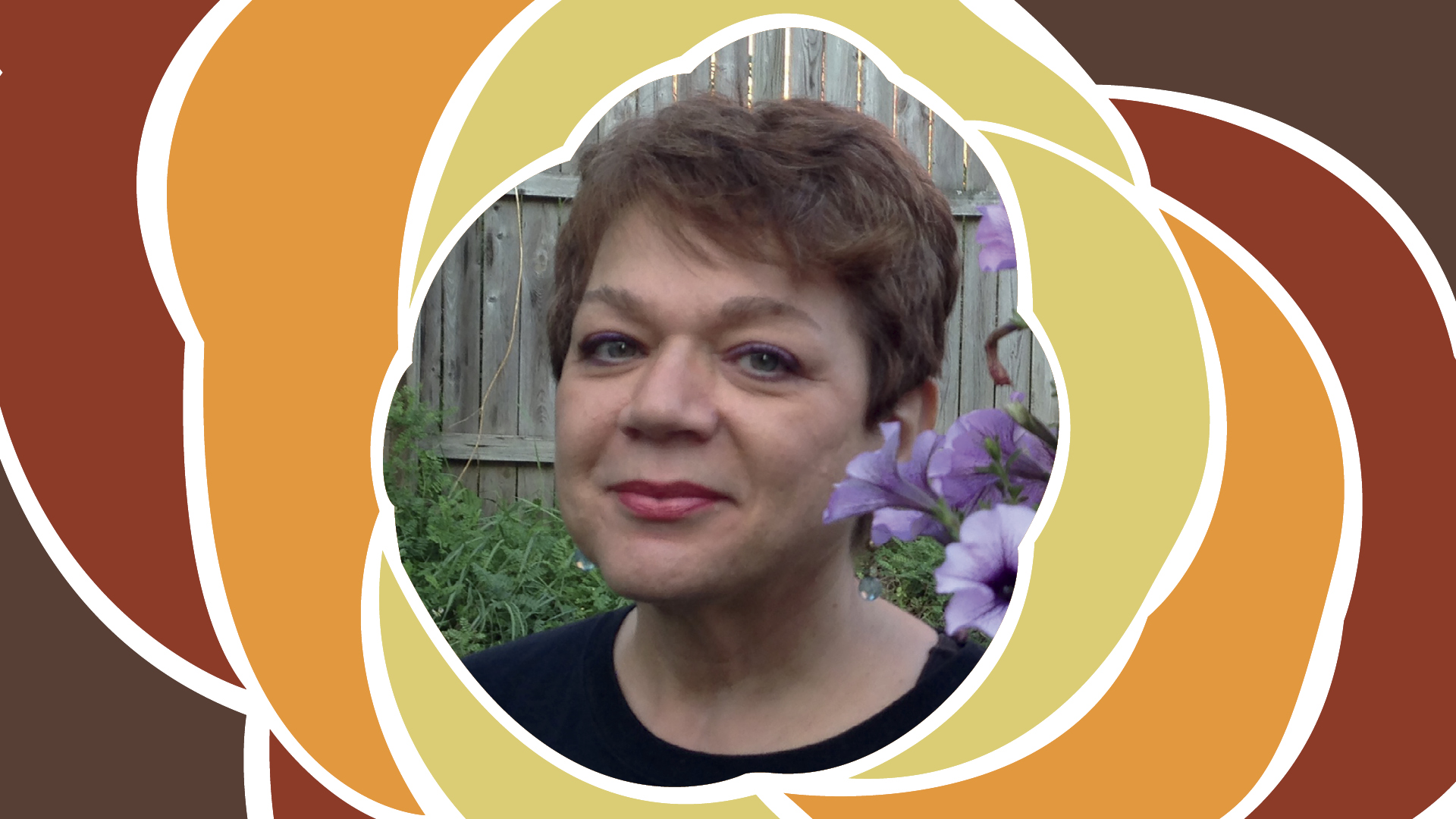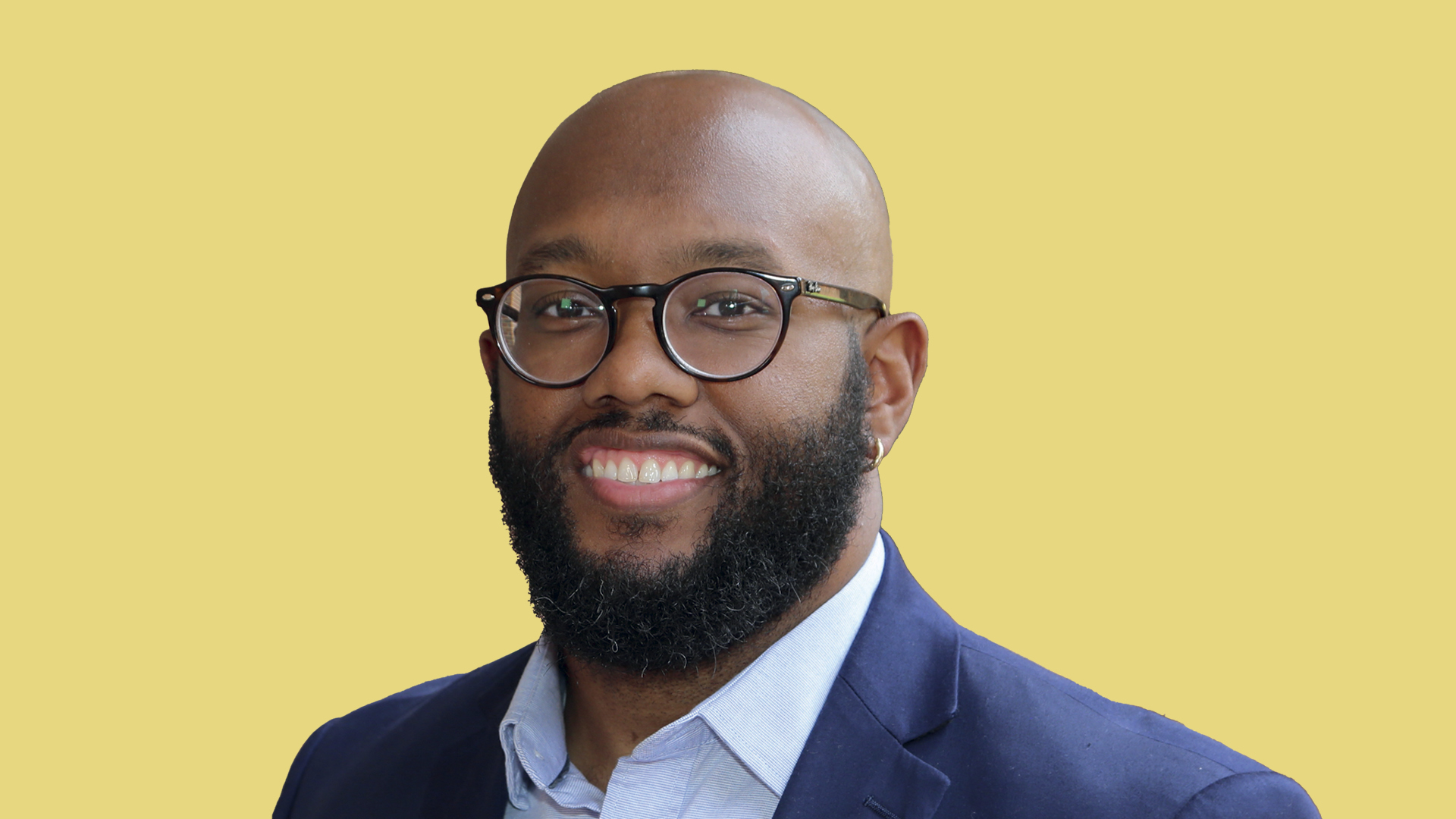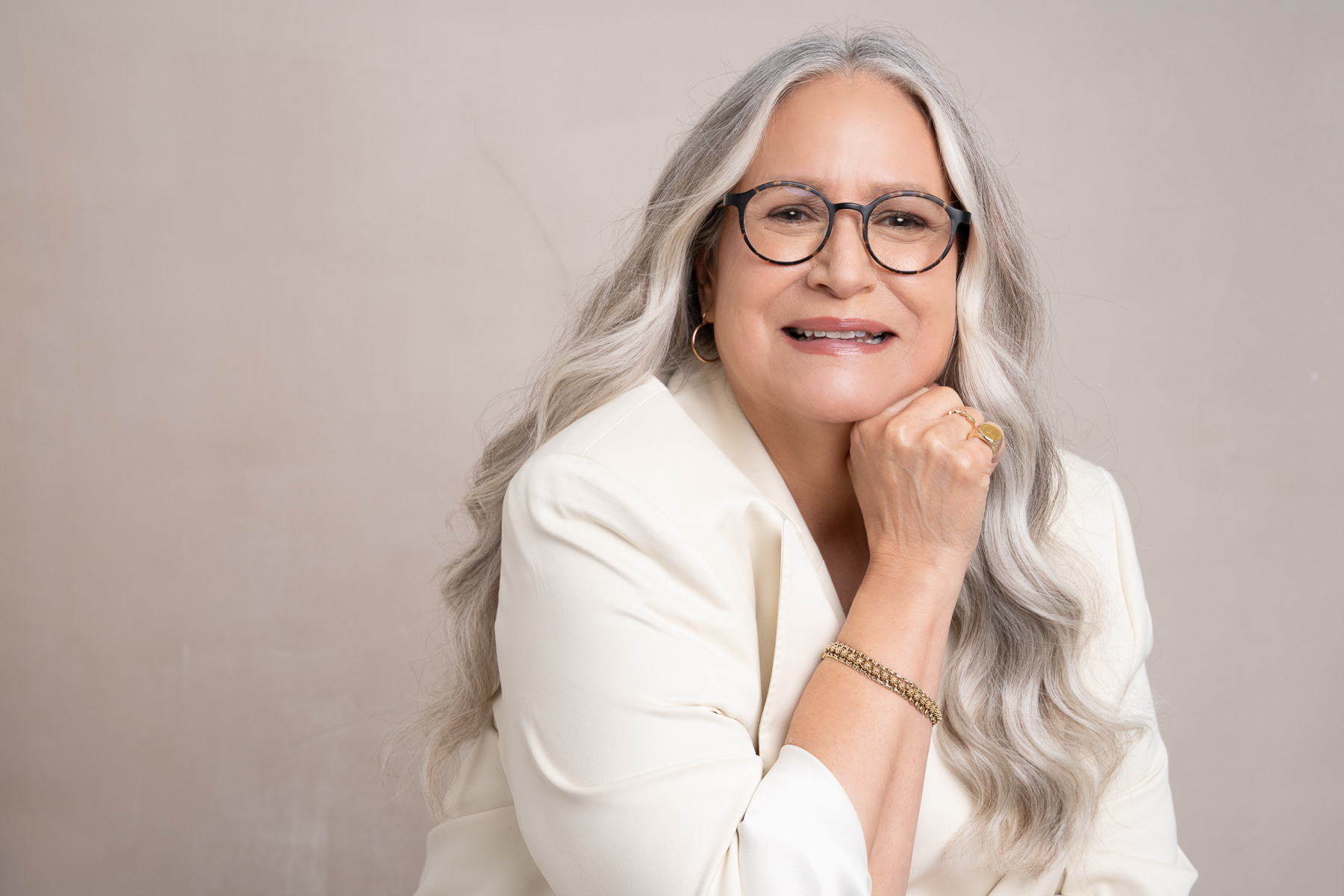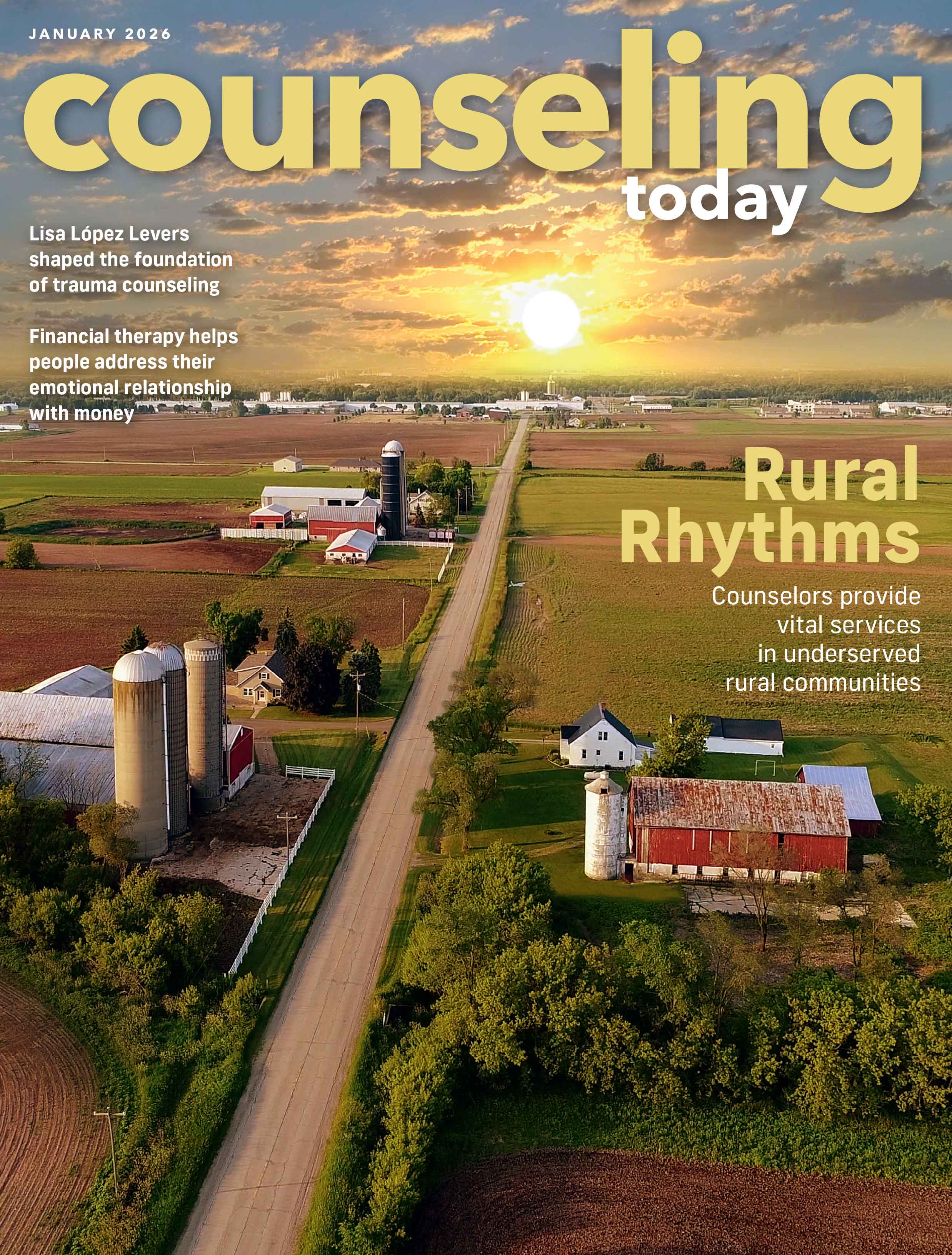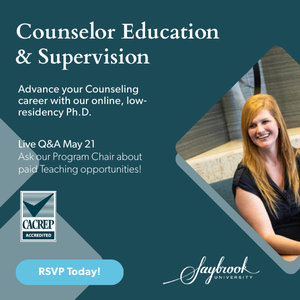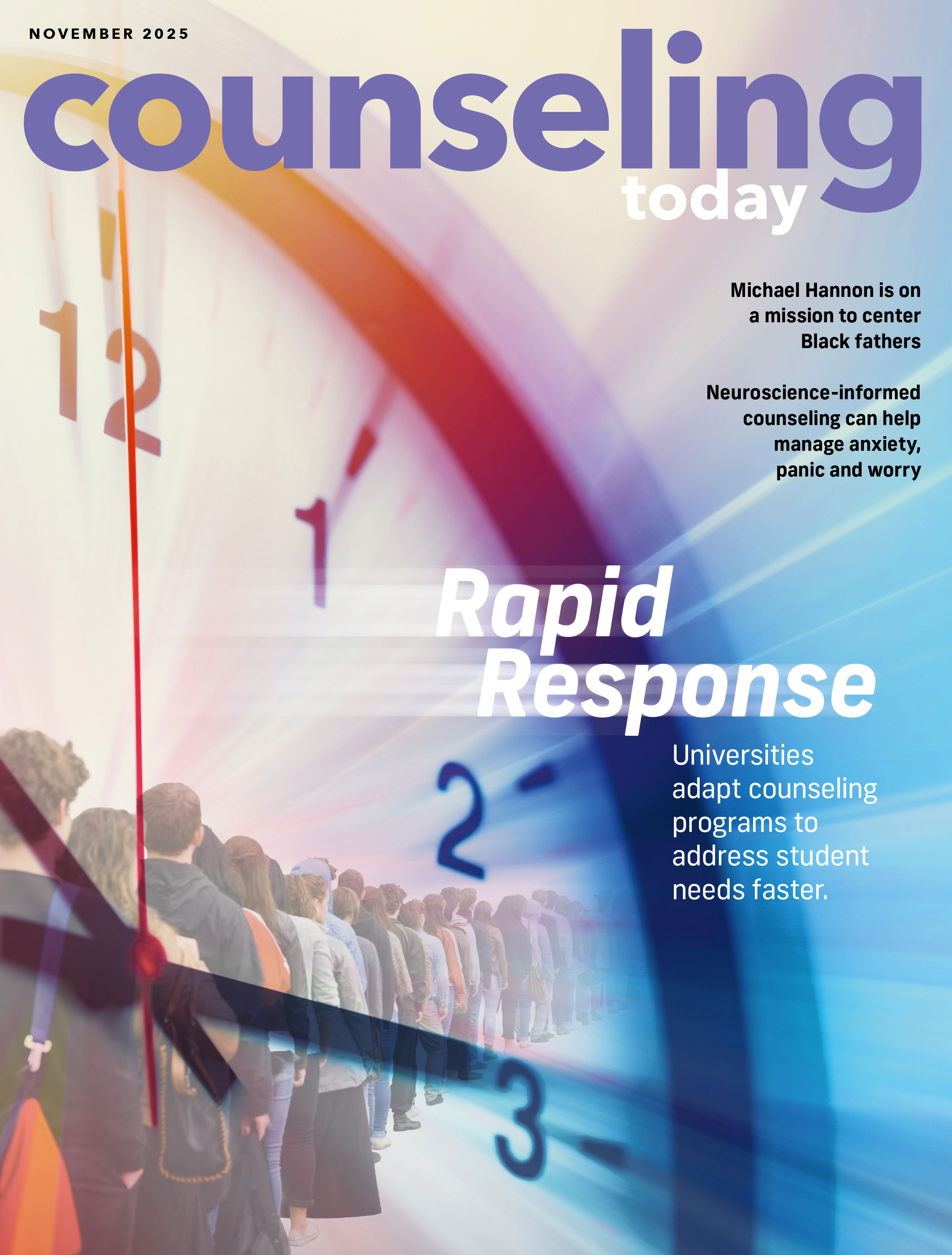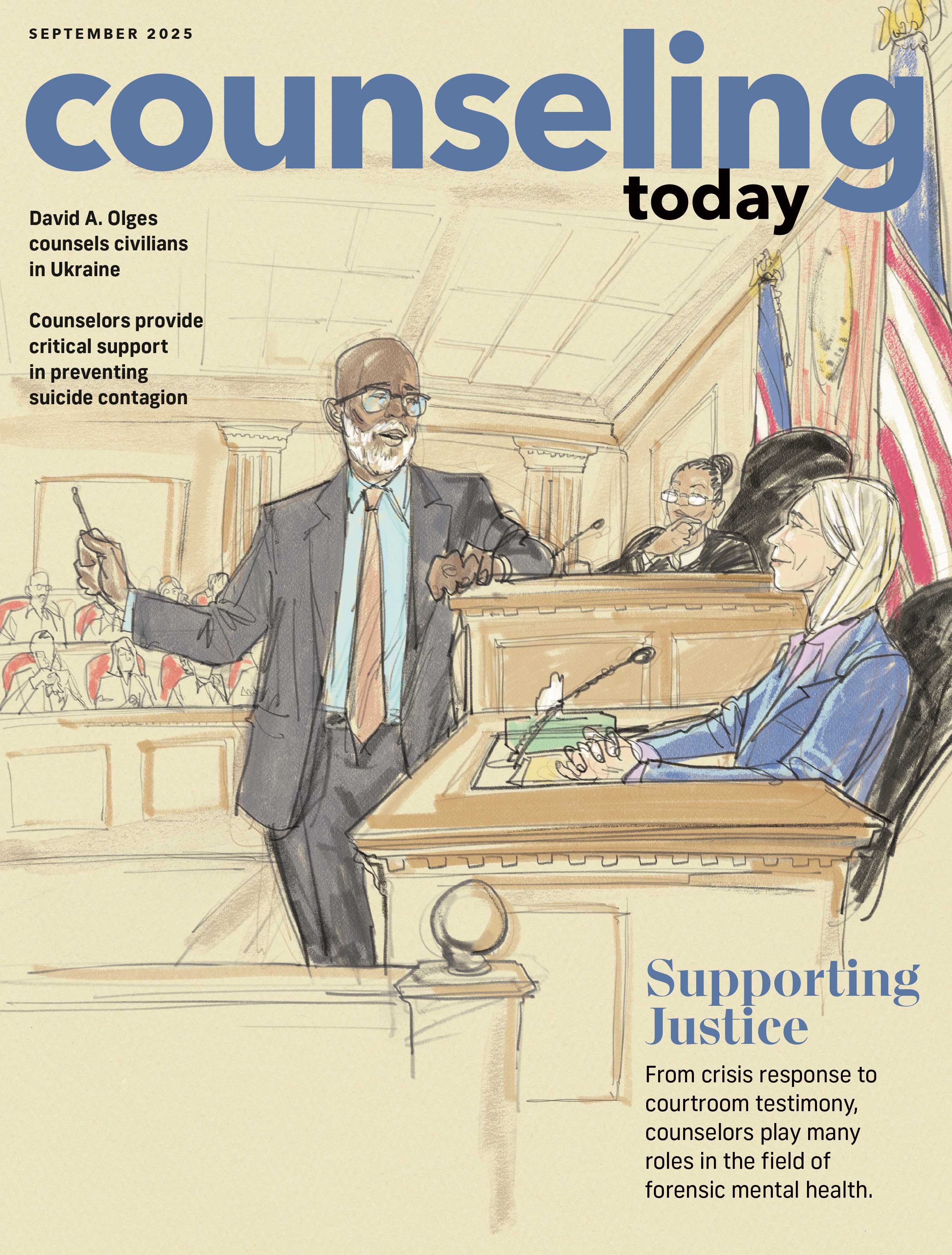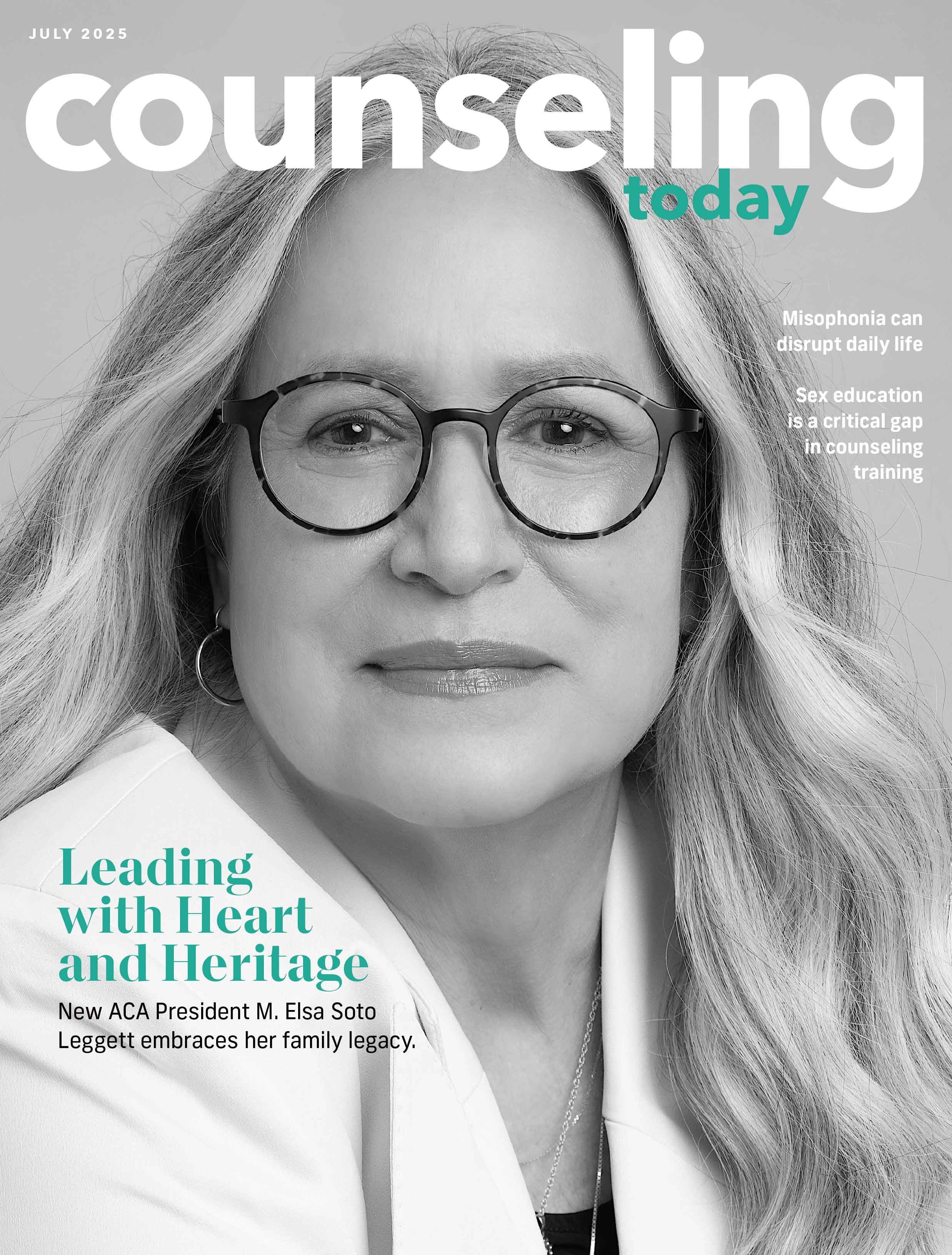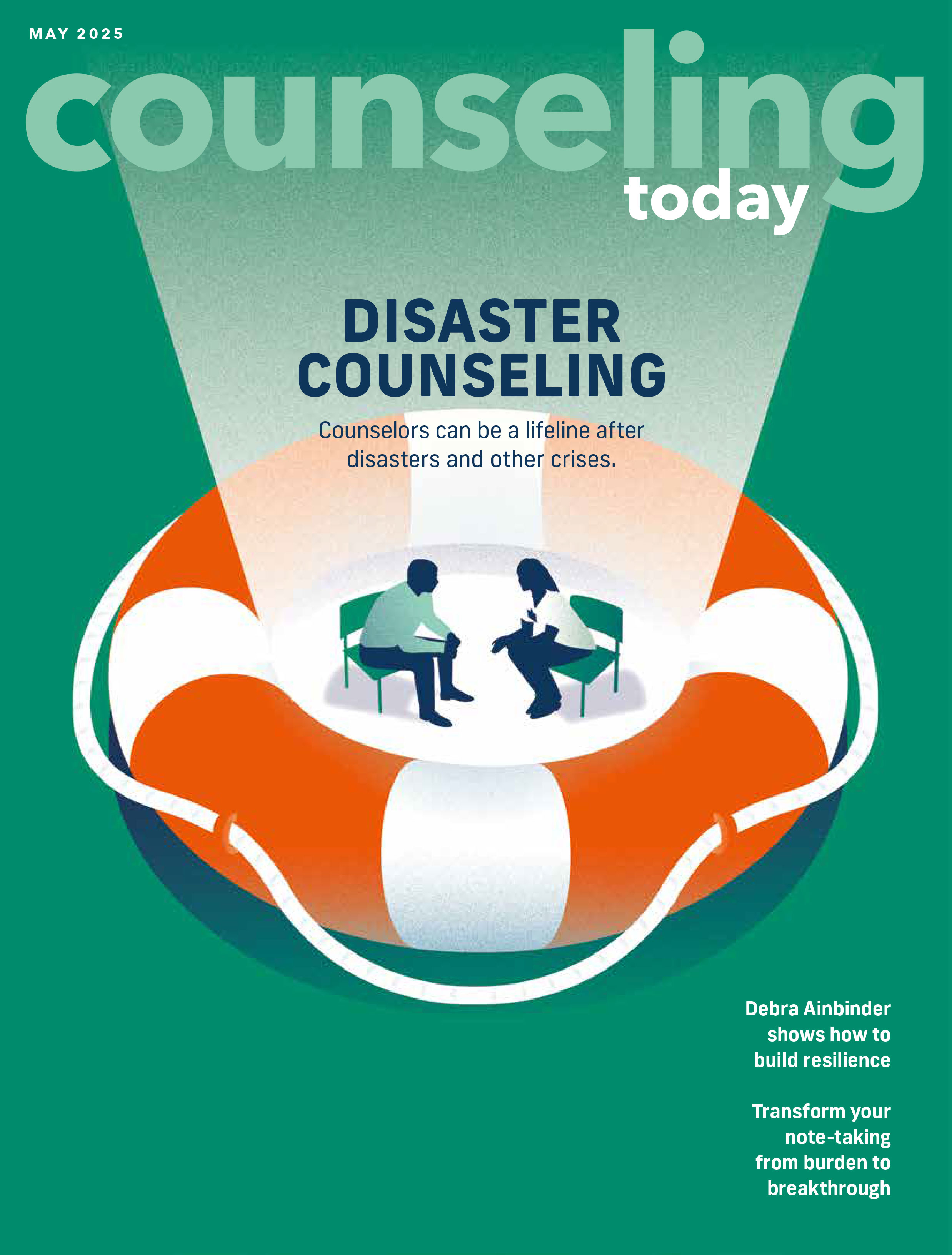
Rural Rhythms
Counselors provide vital services in underserved rural communities.
Counseling Today Member Blog
By Marissa Anderson, APCC, NCC 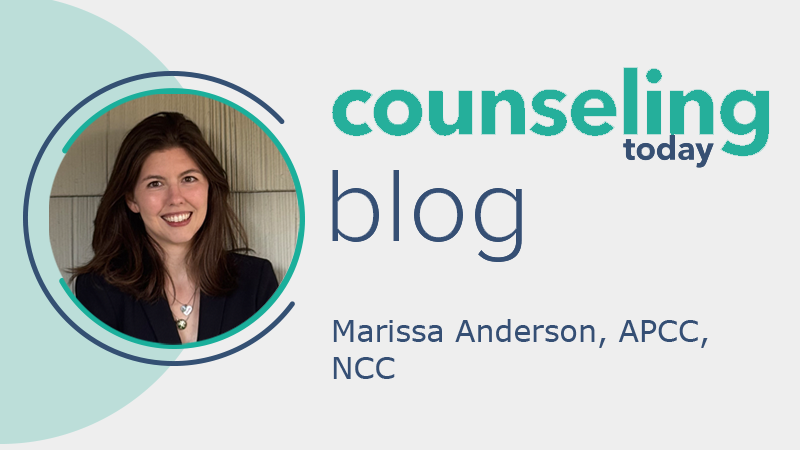
Counselors specializing in the mental health of older adults have not kept pace with the aging population. Data show that by 2050, adults 60 years of age will double and those aged 80 will triple, yet the number of specialized counselors for these older adults has remained low. Researchers found that only 4% of psychologists specialize in geropsychology, leaving those who hold credentials overworked and failing to satisfy the needs of this community.
Though advancements have been made to increase the accessibility of care for older adults — such as counselors using Medicare billing — more can be done from as early as the classroom setting.
Elder adults commonly express concerns about grief, death and dying. Yet current educational curriculums fail to provide comprehensive learning opportunities on the older adult population. Death and grief education is not novel; studies from 1993 have assessed interest in grief counseling and found that 70% of teachers believed grief courses were critical to ensuring students receive the knowledge and best practice teachings across all counseling domains and populations. However, research published in 2022 indicates 85% of courses containing grief content were electives, highlighting the long-standing gap in course availability and student competence.
Despite decades of interest and advocacy, students are still not receiving formal grief training at universities. Institutions justify this lack of availability by incorporating grief and death topics into other lifespan and human development courses. Students can select topics of interest and complete assignments that further explore an area, but this requires students to undertake initiative, perform independent research and have efficient time management skills. This also means teachers can’t provide guidance and supervision due to their focus on the core curriculum and the group needs of other students. Overall, this embedding fails to effectively prepare students since many are forced to seek additional support from trainings and supervision.
Counselor Preparation and CACREP Standards
Although grief and death are part of everyday life, entry-level courses on these topics are not commonly provided or offered as concentrations to counselors in training. Sections 5.A through 5.H of the Council for Accreditation of Counseling and Related Educational Programs (CACREP) outline specialized courses institutions can have within their clinical mental health programs, ranging from addiction counseling to career counseling. Many counseling programs offer these specialized concentrations and courses, demonstrating capacity does exist for institutions to offer relevant electives and concentrations. However, the lack of grief and dying course offerings suggests a lack of priority given to this concentration compared to other specializations.
Closing the educational gap could strengthen student competency and preparedness and reduce societal stigma surrounding aging and loss. It could also create a counseling workforce capable of providing competent and compassionate care to a specialized population in need of support. Advancing student education on grief and older adults may also increase the inclusivity of counseling services.
Education courses targeting concerns around grief and death for older adults are not being prioritized in curriculums compared to other specializations. This is creating societal and counseling industry concerns, and students would benefit from the opportunity to explore broader avenues of concentrations with their degree. Counselor education programs that offer independent courses on grief and death could help counselors in training increase their expertise and better serve the needs of elderly clients.
Note: Opinions expressed and statements made in this blog do not necessarily represent the policies or opinions of ACA and its editors.
Online Exclusives
-
 Reducing Risk Where Counseling HappensFebruary 2026 |By Cindy Kuzma
Reducing Risk Where Counseling HappensFebruary 2026 |By Cindy KuzmaHow counselors can protect themselves in both physical and digital spaces.
-
 Grand Prize Essay Explores Responsibility in Artificial IntelligenceDecember 2025
Grand Prize Essay Explores Responsibility in Artificial IntelligenceDecember 2025The Tomorrow’s Counselors Essay Competition recognizes graduate counseling students with exceptional insight and understanding about the counseling profession.
-
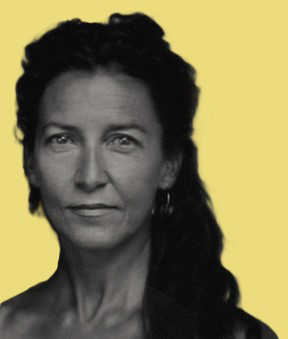 Grand Prize Essay Discusses Mental Health Challenges Among StudentsDecember 2025
Grand Prize Essay Discusses Mental Health Challenges Among StudentsDecember 2025The ACA Future School Counselors Essay Competition, part of the annual ACA Awards, recognizes graduate counseling students with exceptional insight and understanding about the school counseling profession.
Tags:
Search CT Articles
Current Issue
Sign Up for Updates
Keep up to date on the latest in counseling practice. Sign up to receive email updates from Counseling Today.
CT on YouTube
Download Recent Issues
ACA members receive access to past full issues of Counseling Today. Log in to download copies from the archive.

